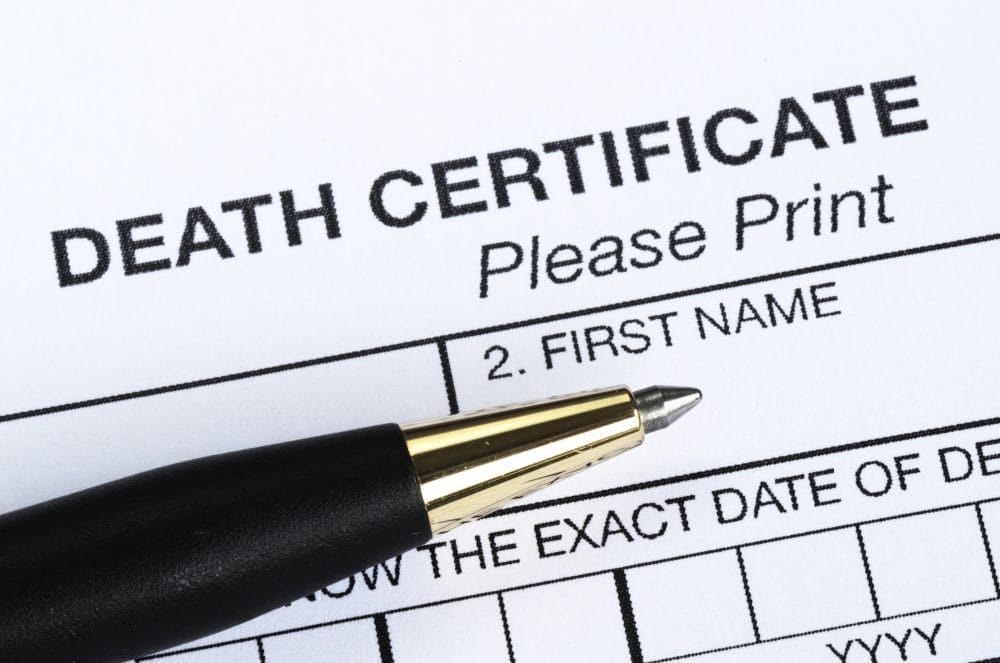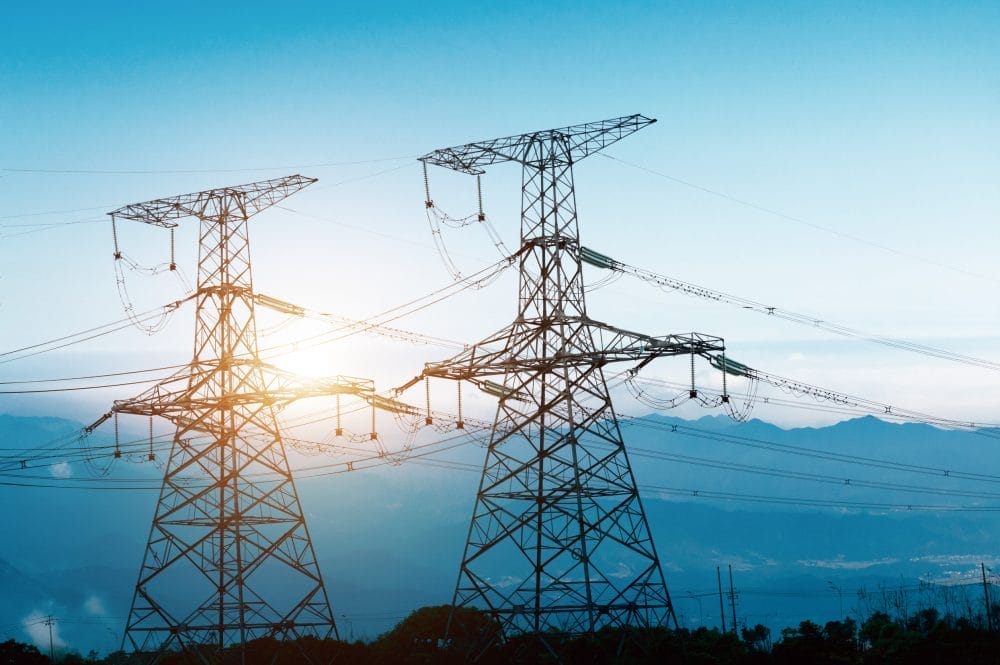Most people never imagine that their utility company could play a role in closing the final chapter of a person’s life. Yet, in many areas, power companies hold crucial information that can directly impact the speed of official death documentation. When someone passes away, certain legal steps must happen before a death certificate is issued.
If the electricity account is still active in their name, it can trigger a verification process that slows everything down. It’s an obscure bureaucratic domino effect, and for grieving families, every day of delay feels like an eternity.
Why Utility Accounts Become a Roadblock
Electric companies are required to verify the identity of the account holder before making any changes or closing an account. When the account holder is deceased, proof of death is needed to avoid unauthorized transfers or fraud. This requirement sounds sensible until it collides with the fact that the death certificate itself is what families are trying to obtain. In some jurisdictions, the process becomes circular: no death certificate means no account closure, and no account closure means no death certificate. This loop can leave families trapped in red tape during an already painful time.
Privacy Laws That Complicate the Process
Modern privacy regulations are designed to protect sensitive personal data, but they can unintentionally complicate end-of-life matters. Utility companies, bound by these laws, must treat the deceased’s account with the same confidentiality as a living customer’s. Without explicit legal documentation, representatives often cannot even confirm account status to a surviving family member. The intent is to prevent fraud, but the result is that necessary updates are stalled until official proof arrives. That “official proof” is, of course, the very certificate caught in the delay.
The Domino Effect on Legal and Financial Matters
A delayed death certificate doesn’t just stall funeral arrangements—it can block access to life insurance claims, bank accounts, and property transfers. These documents are often the master key that unlocks multiple legal and financial processes. Without them, beneficiaries may struggle to pay bills, handle estate matters, or fulfill the deceased’s final wishes. The power company’s seemingly minor verification policy can create a ripple effect across all of these responsibilities. By the time the delay is resolved, weeks or even months may have passed.
How Power Companies Defend the Policy
From the utility company’s perspective, the rule is about more than paperwork—it’s about security. They argue that without proof of death, accounts could be fraudulently claimed or altered. This stance is supported by cases where scammers have tried to assume control of a deceased person’s utilities for illegal purposes. By enforcing strict proof requirements, companies believe they’re protecting both the account holder’s estate and the company’s operational integrity. Unfortunately, what protects against fraud can also punish the honest.
Workarounds That Some Families Have Discovered
In some regions, families have learned that submitting alternate documentation can speed up the process. Temporary documents from hospitals, hospice providers, or law enforcement reports can sometimes satisfy the utility’s requirements. These stopgap solutions allow the account to be frozen or closed without waiting for the full death certificate. However, not all companies accept these alternatives, and policies vary widely by state or municipality. For many, it remains a frustrating game of trial and error.
The Role of Local Regulations
The degree of delay often depends on local laws governing both utility companies and vital records offices. In certain areas, statutes explicitly permit companies to accept interim proof of death, while in others, they require the official certificate without exception. Some states have consumer protection rules that mandate utility account closure upon notice of death, regardless of pending documentation. Where these protections don’t exist, the utility company’s internal policy effectively becomes the law. That’s why the same situation might take two days in one city and two months in another.
Why Death Certificates Take So Long to Begin With
Even without utility company delays, death certificates are rarely issued instantly. The process typically involves confirming the cause of death, verifying identification, and processing paperwork through multiple agencies. If a medical examiner is involved, the timeline can stretch even further. Each additional party—be it a doctor, coroner, or government clerk—adds another potential slowdown. Layer a utility company’s requirements on top of this, and a manageable wait can become a drawn-out ordeal.
The Emotional Cost of a Paperwork Delay
While the delay may seem like a technical issue on paper, its real impact is deeply personal. Families often describe feeling stuck in limbo, unable to fully move forward with memorial plans or estate matters. The emotional toll is compounded when basic responsibilities—like shutting off utilities—are tangled in red tape. Every call to a utility company that ends with “we need the death certificate first” is a fresh reminder of the loss. This bureaucratic limbo adds an unnecessary layer of stress during an already raw period.
The Push for Policy Reform
Consumer advocates and legal experts are calling for changes that balance security with compassion. They argue that utility companies should be required to accept provisional documentation in death cases. Some propose standardized national guidelines so that grieving families aren’t at the mercy of differing corporate rules. Others suggest a secure government portal where utility companies can directly confirm a death without waiting for a physical certificate. Until reforms are enacted, families will continue to face unpredictable hurdles.
A Rule Worth Rethinking
The intersection of utility policy and vital records law is an invisible snag in the grieving process that few people know exists—until it happens to them. While the intention behind requiring proof of death is valid, the unintended consequence is needless delay and emotional strain. A more flexible, standardized approach could protect against fraud while easing the burden on grieving families. Until then, awareness is the first defense, and knowing the potential for this delay can help loved ones prepare.
If you’ve experienced this kind of bureaucratic tangle, share your story—your voice might be the nudge that sparks real change.
Read More
The $15 Mistake That Can Delay Your Life Insurance Payout for Months
This One Utility Bill Could Delay an Entire Probate Case








